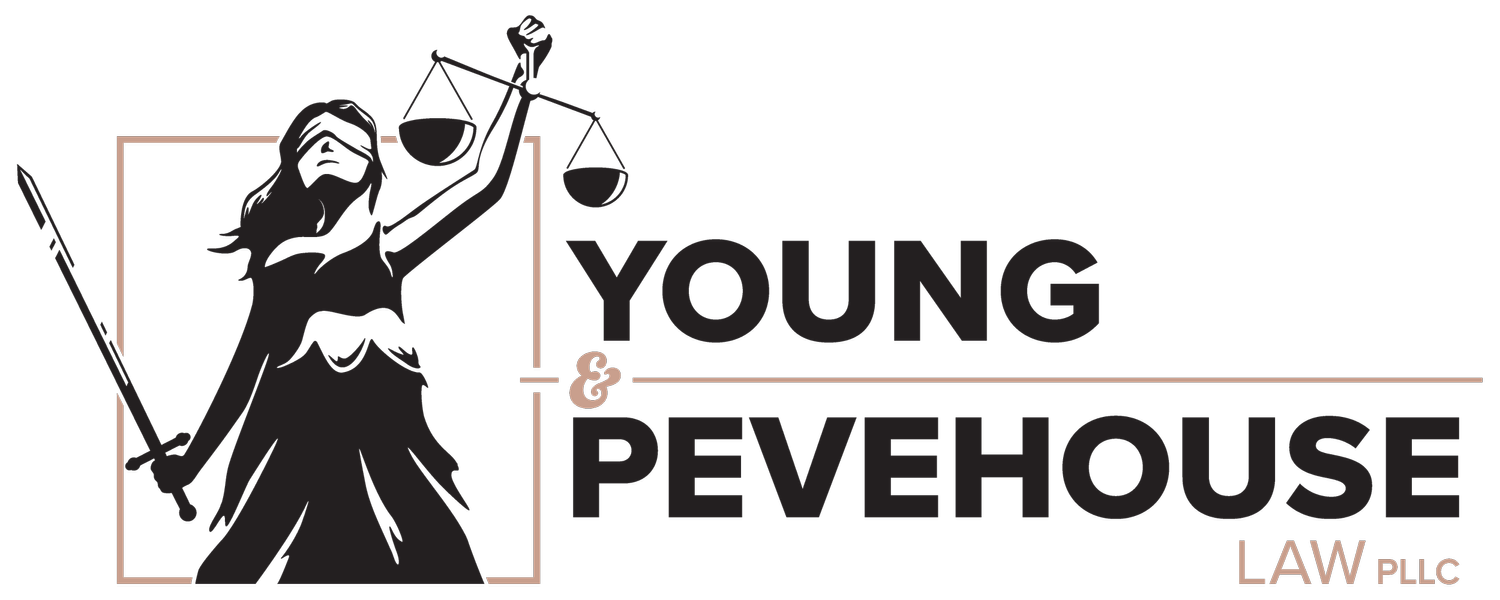The Benefits of Mediation Over Litigation
When conflicts arise, resolving them efficiently and amicably is often a priority. Mediation and litigation are two common methods of dispute resolution, but they differ significantly in process, cost, and outcome. Mediation, as an alternative dispute resolution (ADR) method, offers numerous benefits over traditional litigation. Here’s an in-depth look at why mediation can be a preferable option for resolving disputes.
What is Mediation?
Mediation is a voluntary process where a neutral third party, known as a mediator, helps disputing parties reach a mutually acceptable agreement. Unlike a judge in litigation, the mediator does not impose a decision but facilitates communication and negotiation between the parties.
Key Benefits of Mediation
Cost-Effective:
Lower Legal Fees: Mediation is generally less expensive than litigation because it requires fewer billable hours from attorneys and avoids many of the costs associated with court proceedings.
Reduced Court Costs: Avoiding court filing fees, expert witness fees, and other expenses associated with a trial can significantly reduce overall costs.
Time-Efficient:
Faster Resolution: Mediation can often be scheduled quickly and resolved in a matter of hours or days, whereas litigation can take months or even years to reach a conclusion.
Less Disruption: A quicker resolution means less disruption to your personal or business life, allowing you to move forward without prolonged stress and uncertainty.
Confidentiality:
Private Proceedings: Mediation sessions are private and confidential, unlike court trials, which are typically public. This ensures that sensitive information remains protected and out of the public eye.
Non-Disclosure Agreements: Parties can agree to keep the terms of the settlement confidential, preserving their reputations and preventing future conflicts.
Control Over the Outcome:
Mutual Agreement: In mediation, the parties have more control over the outcome. They can negotiate terms that are mutually beneficial rather than having a solution imposed by a judge.
Creative Solutions: Mediation allows for more creative and flexible solutions tailored to the specific needs and interests of the parties involved.
Preservation of Relationships:
Amicable Process: Mediation promotes cooperation and communication, which can help preserve personal and business relationships. This is particularly important in family disputes, business partnerships, and workplace conflicts.
Reduced Hostility: The non-adversarial nature of mediation helps reduce hostility and fosters a more positive interaction between the parties.
Empowerment and Satisfaction:
Participant Control: Parties feel more empowered when they actively participate in resolving their dispute. This involvement can lead to higher satisfaction with the outcome.
Voluntary Compliance: Agreements reached in mediation are typically more successful because they are created and agreed upon by the parties themselves, leading to higher rates of voluntary compliance.
The Mediation Process
Choosing a Mediator:
Neutral Expert: Select a qualified, neutral mediator experienced in the relevant area of law or conflict resolution.
Agreed Upon by Parties: Both parties must agree on the choice of mediator, ensuring trust and neutrality.
Initial Meeting:
Orientation: The mediator explains the process, sets ground rules, and answers any questions.
Statement of Issues: Each party presents their perspective on the dispute and their desired outcomes.
Negotiation:
Facilitated Dialogue: The mediator facilitates open communication, encouraging parties to discuss their interests, concerns, and potential solutions.
Private Sessions: The mediator may hold private sessions (caucuses) with each party to explore options and address sensitive issues.
Agreement:
Drafting the Settlement: Once an agreement is reached, the mediator helps draft a settlement document outlining the terms.
Legal Review: Parties may have their attorneys review the agreement to ensure it meets legal standards and protects their rights.
Finalizing the Agreement:
Signing the Agreement: The settlement is signed by both parties, making it a binding contract.
Court Approval (if necessary): In some cases, such as divorce mediation, the agreement may need to be submitted to the court for approval.
When to Consider Mediation
Family Disputes:
Divorce and Custody: Mediation is particularly effective in divorce and child custody cases, where preserving relationships and reducing conflict is crucial.
Elder Care: Mediation can help families resolve disputes over the care and guardianship of elderly relatives.
Business Conflicts:
Partnership Disputes: Mediation can resolve conflicts between business partners, allowing them to continue working together or part ways amicably.
Employment Issues: Workplace disputes, such as discrimination or harassment claims, can often be resolved through mediation, improving workplace harmony.
Community and Neighborhood Disputes:
Property and Land Use: Mediation can address conflicts between neighbors over property boundaries, noise, or land use issues.
Community Relations: Disputes within communities, such as those involving homeowner associations, can benefit from the collaborative nature of mediation.
Mediation offers a range of benefits that make it an attractive alternative to litigation for resolving disputes. By providing a cost-effective, time-efficient, and confidential process, mediation helps parties reach mutually satisfactory agreements while preserving relationships and empowering them to control the outcome. Whether dealing with personal, business, or community conflicts, mediation can be a valuable tool for achieving fair and lasting resolutions.

